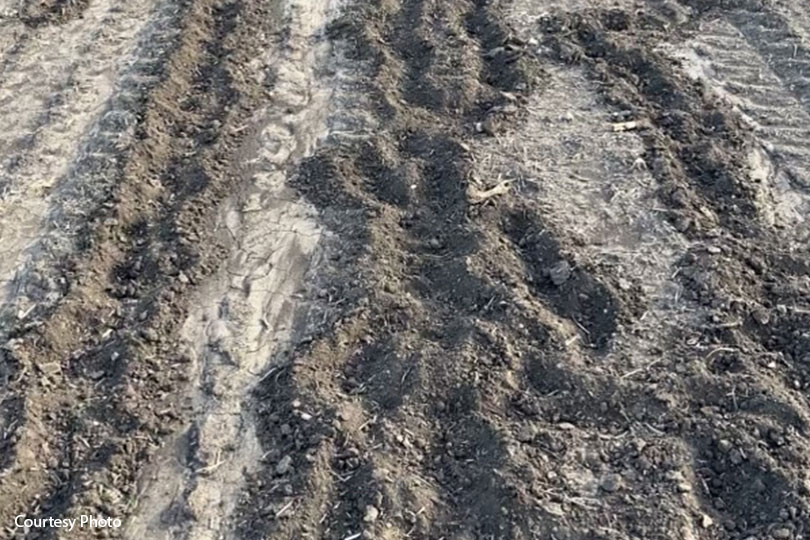By Shelby Shank
Field Editor
Garrett Spigner has been farming for a majority of his life. He grows a variety of crops including sorghum, corn, wheat and Sudan hay in Sanger.
One afternoon in February, Spigner planted corn and came back the next day to spray. But he was met with rooted up fields and missing seed. That’s because feral hogs destroyed the field overnight.
“They probably destroyed about 10 to 15% of the whole field we had just planted,” Spigner said. “I would say they caused about a few thousand dollars in damages, at least.”
The damage caused by the hogs is a costly concern echoed by farmers and ranchers across the state.
Prone to rooting and trampling pastures, feral hogs can easily and quickly destroy a crop. And they’re found in nearly every county in the state.
Feral hogs are among one of the most destructive invasive species in Texas and the U.S. today. They pose risks for disease transmission among livestock, pets and humans.
Spigner does what he can to slow the damage caused by feral hogs, including trapping.
“It’s really the most effective way,” said Spigner. “You can bait the hogs, and they’ll go right in there. The system notifies your phone when there is motion, and you can choose when to drop the door, trapping the hogs inside.”
Spigner noted they caught over 40 feral hogs in one week in one location.
He places the trap where the hogs roam around often and leaves it in that location until they quit catching the hogs. Then, they move the trap to a new location.
The recent rainfall created ideal conditions for feral hogs to be active in fields. When the weather is dry in the summer and fall, feral hogs are not as active because of the heat and remain in the shade.
Trapping the hogs has helped, but Spigner said everyone has to work together to make a dent in the growing population.
“We’re going to keep trapping them and keep it baited to see if we can catch most of them,” Spigner said. “There’s always going to be some feral hogs around, but we’re going to try and trap them anyways. We understand that they’re probably trying to find a food source, but it’s taking away from how we make our living, our way of life.
Texas Farm Bureau (TFB) has been, and continues to, work for feral hog control for Texas farmers and ranchers.
It’s a priority issue for the state’s largest general farm and ranch organization during the 88th Texas Legislature.
“Farm Bureau supports reasonable chemical controls for feral hogs and supports maintaining all current legal methods of controlling feral hogs,” Tracy Tomascik, TFB associate director of Commodity and Regulatory Activities, said.
For more on TFB priority issues, visit texasfarmbureau.org/advocacy/priority-issues.

